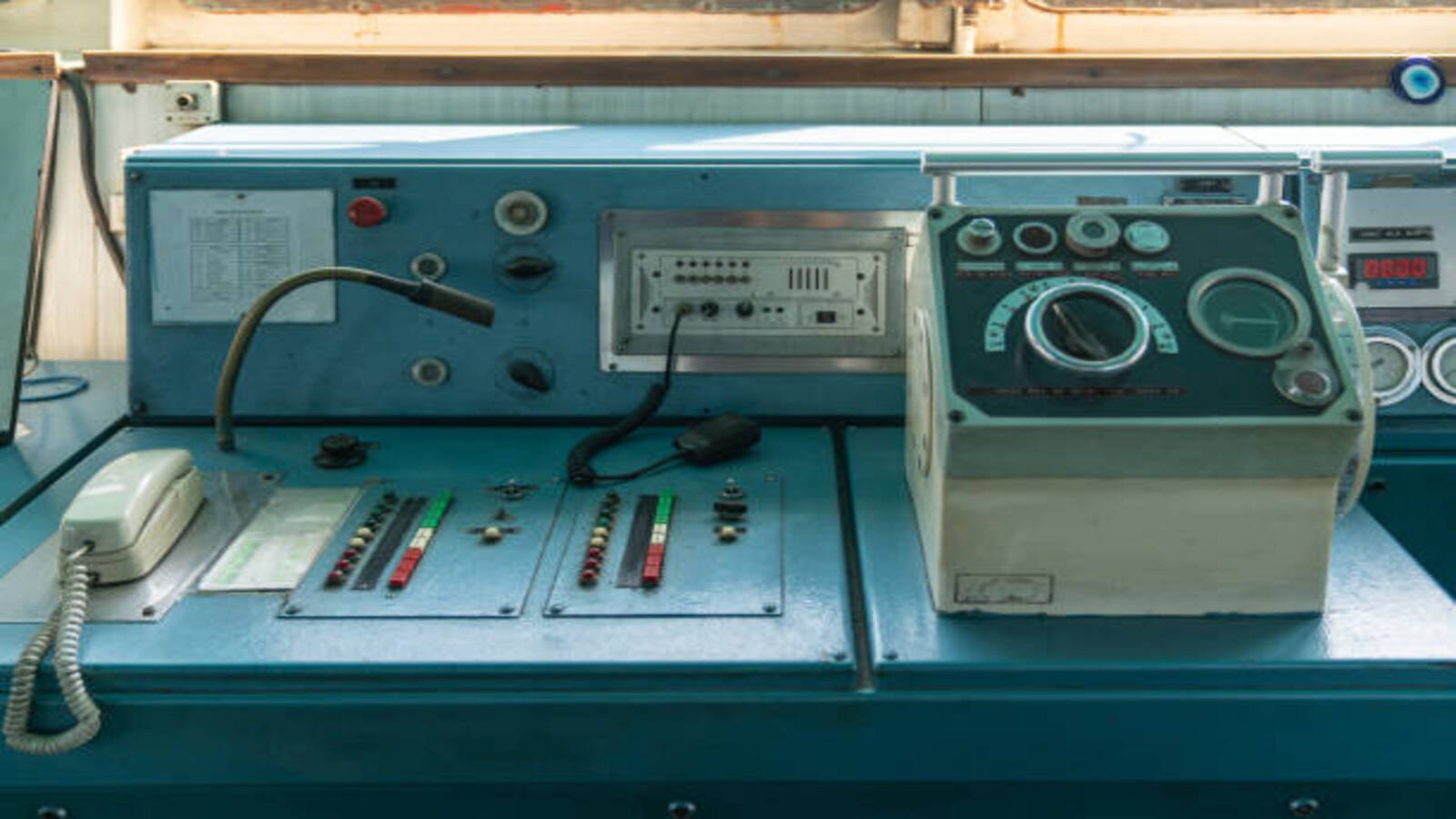The Importance of Advanced Materials in Switchgear Mechanical Parts Manufacturing
In the world of advanced manufacturing, the use of high-quality materials is essential to producing durable, reliable and efficient mechanical parts for switchgear applications. Switchgear systems operate under extreme conditions and have complex requirements, and the right choice of materials can significantly enhance their performance and lifespan.
Alloy Steels - the Ideal Material for Insulating Joints and Contact Springs
Alloy steels are known for their excellent mechanical properties and resistance to wear and corrosion. These properties make them an ideal material of choice for insulating joints and contact springs in switchgear systems. Additionally, alloy steels offer strong mechanical properties and can withstand high temperatures and pressure.
Thermosetting Resins for Molded and Cast Parts
Thermosetting resins are another popular choice for switchgear mechanical parts manufacturing. They are used to create molded and cast parts that provide excellent electrical and thermal insulation, as well as good mechanical strength. In addition, these resins offer exceptional resistance to heat, moisture, and chemicals.
Ceramics - the Best Option for High Voltage Insulators
Ceramics are known for their excellent dielectric properties and high electrical insulation performance. They are used to create high voltage insulators that can withstand extreme temperatures and harsh weather conditions. In addition, ceramics have excellent resistance to wear, moisture, and chemicals, making them ideal for switchgear applications.
High-Performance Plastics for Switchgear Parts Manufacturing
High-performance plastics, such as PEEK, PTFE, and PEI, are also commonly used in switchgear parts manufacturing. These plastics offer excellent mechanical properties, including high stiffness, toughness, and resistance to wear and tear. Additionally, they offer exceptional thermal and chemical resistance, making them ideal for switchgear applications.
The Benefits of Advanced Materials for Switchgear Mechanical Parts Manufacturing
By using advanced materials in switchgear mechanical parts manufacturing, manufacturers can create parts that are lighter, stronger and more durable, with improved electrical, thermal, and mechanical properties. These advanced materials can also help reduce manufacturing costs by increasing efficiency and reducing waste.
Future Trends in Switchgear Mechanical Parts Manufacturing
The use of advanced materials in switchgear mechanical parts manufacturing will continue to grow in the future, driven by emerging trends such as miniaturization, increased efficiency, and the need for sustainable solutions. Advances in 3D printing, nanotechnology, and the use of biodegradable materials will also play a significant role in the development of the next generation of switchgear mechanical parts.
Conclusion
Switchgear mechanical parts play a critical role in the performance and reliability of switchgear systems. Advanced materials such as alloy steels, thermosetting resins, ceramics, and high-performance plastics offer a range of benefits, from improving performance to reducing manufacturing costs. Implementing these materials in switchgear mechanical parts manufacturing processes can help manufacturers create efficient, sustainable, and high-quality products that meet the ever-growing demands of the market.
advanced materials, switchgear, mechanical parts, manufacturing, alloy steels, thermosetting resins, ceramics, high-performance plastics, sustainability
The Importance of Advanced Materials in Switchgear Mechanical Parts Manufacturing
Discover how advanced materials like alloy steels, thermosetting resins, and ceramics are used in switchgear mechanical parts manufacturing to improve performance, efficiency, and sustainability.
Quote Inquiry
Contact us!
